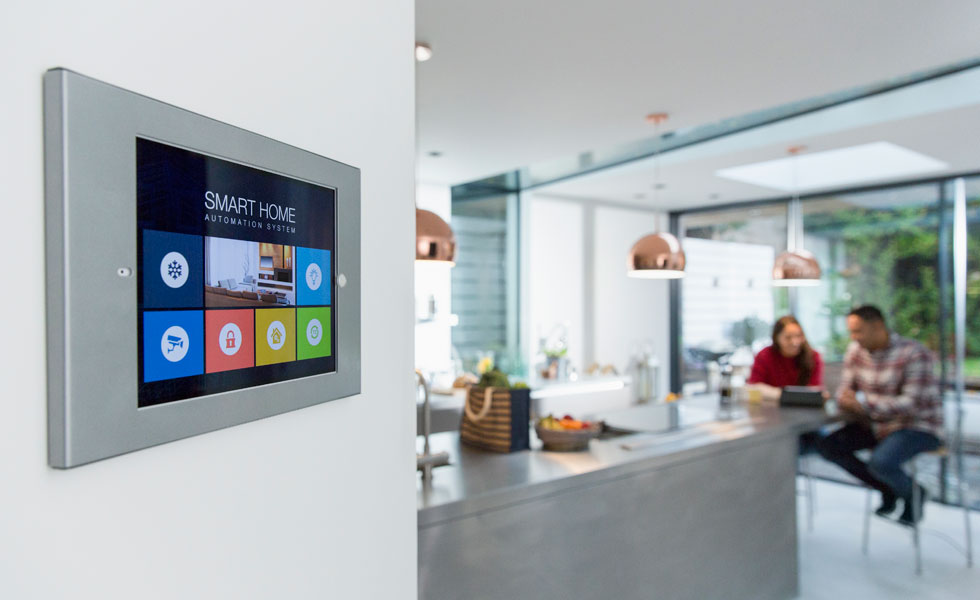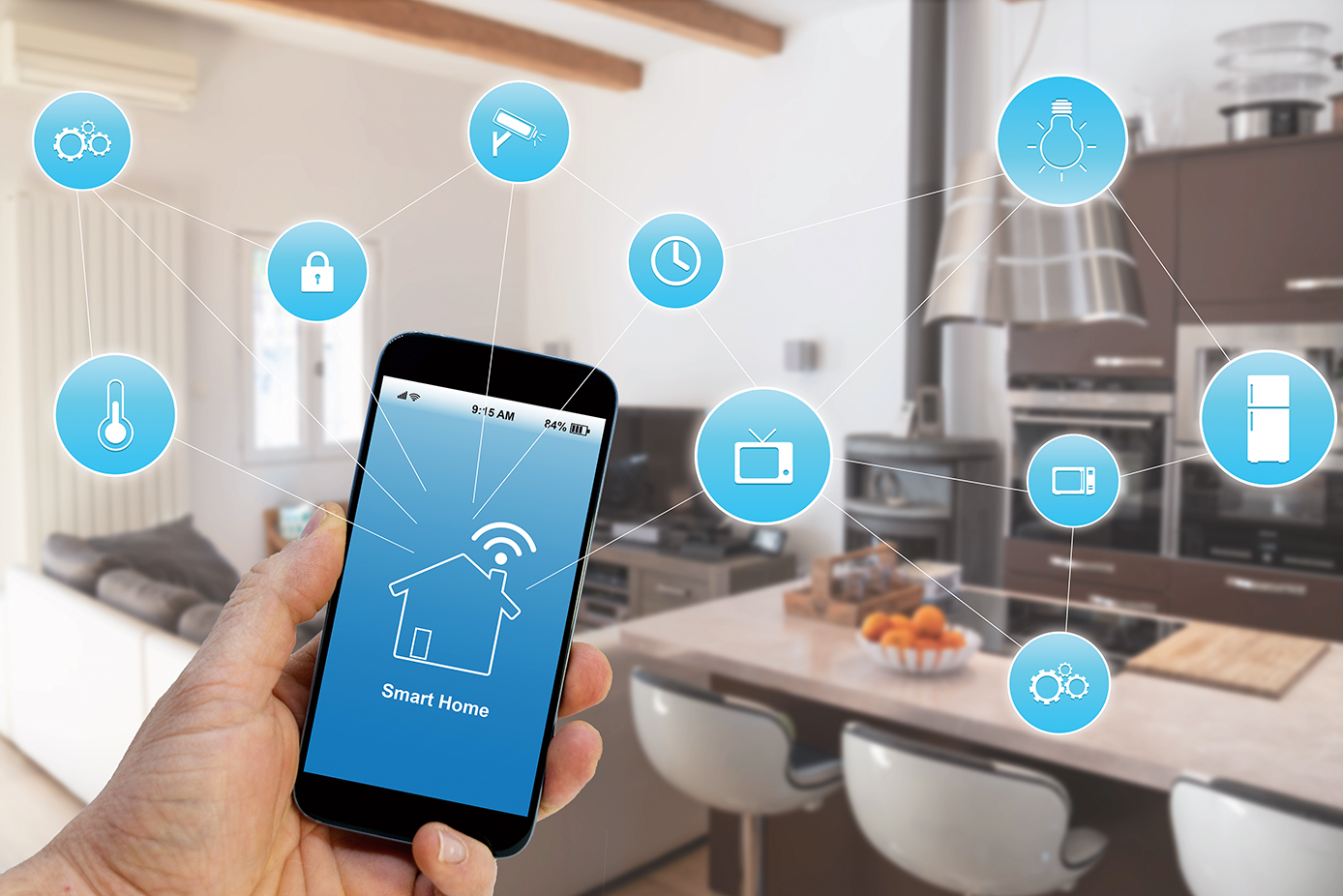In the modern age, saving water with smart homes is not just a trend but a necessity. As homeowners and businesses grapple with the reality of limited water resources, smart technology presents a viable solution. The integration of smart systems into homes not only conserves water but also significantly reduces utility bills. With increasing awareness of environmental issues, smart homes are paving the way for sustainable living.
Within the initial paragraphs of this article, we'll uncover how smart homes are revolutionizing water conservation. These homes employ advanced systems to monitor, manage, and reduce water usage efficiently. As we dive deeper, we'll explore the various technologies and practices that make water saving in smart homes a reality.

The Rise of Smart Homes
Smart homes have gained popularity due to their convenience and efficiency. They incorporate various technologies such as the Internet of Things (IoT) to automate and control home systems like lighting, heating, and water usage. With smart homes, homeowners can monitor and control their water consumption remotely, leading to significant savings.
According to a [study by Security.org](https://www.security.org/smart-home/), the adoption of smart home technology can lead to a reduction in water usage by up to 30%. This is achieved through the use of smart irrigation systems, leak detectors, and water-efficient appliances.
Key Technologies for Water Conservation
Smart Irrigation Systems
One of the most effective ways to save water with smart homes is through smart irrigation systems. These systems use weather data and soil moisture sensors to adjust watering schedules, ensuring that plants receive the right amount of water without wastage. This technology is particularly beneficial for businesses with large landscapes, as it drastically reduces water usage and costs.
Water Leak Detectors
Water leaks can account for a significant portion of water wastage in homes and businesses. Smart leak detectors alert homeowners to leaks in real-time, allowing for prompt repairs and preventing further water loss. This proactive approach not only saves water but also prevents potential damage to property.
Water-efficient Appliances
Smart homes also incorporate water-efficient appliances such as low-flow toilets and faucets, which reduce water consumption without sacrificing performance. These appliances are designed to use less water for the same tasks, making them an essential component of water-saving strategies in smart homes.
For more tips on smart home convenience, check out [this article](https://iotxtech.ai/blogs/news/smart-home-convenience-benefits).
Financial and Environmental Benefits
The financial benefits of saving water with smart homes are substantial. By reducing water consumption, homeowners and businesses can significantly lower their utility bills. Additionally, many governments offer incentives and rebates for installing water-saving technologies, making smart home investments even more attractive.
Environmentally, smart homes contribute to the conservation of water resources, reducing the strain on local water supplies. This is crucial in areas facing drought and water scarcity. By adopting smart technology, homeowners are not only saving money but also playing a vital role in protecting the environment.
Learn more about reducing bills with smart homes in [this insightful article](https://iotxtech.ai/blogs/news/reducing-bills-with-smart-homes).
Challenges and Considerations
While the benefits of smart homes are clear, there are challenges to consider. The initial cost of installing smart systems can be high, although this is often offset by long-term savings. Additionally, as with any technology, there is a learning curve involved in understanding and managing these systems.
Privacy concerns are also a consideration, as smart systems collect and transmit data. Homeowners must ensure that their systems are secure and that they understand how their data is used.
For more insights on smart home optimization, visit [this resource](https://iotxtech.ai/blogs/news/ai-optimizing-electricity-consumption).

Future of Smart Water Conservation
The future of water conservation in smart homes looks promising. As technology advances, we can expect to see more sophisticated systems that offer even greater savings and efficiency. Integration with renewable energy sources and AI-driven analytics will further enhance the capabilities of smart homes.
FAQs
Q1: How can smart homes help in saving water?
A1: Smart homes use advanced technologies like smart irrigation systems, leak detectors, and water-efficient appliances to monitor and reduce water usage, leading to significant savings.
Q2: Are smart home systems expensive to install?
A2: While the initial cost can be high, the long-term savings on utility bills and potential government incentives often justify the investment.
Q3: Is my data safe with smart home systems?
A3: Most smart home systems have robust security measures in place. However, it's essential to regularly update your systems and understand your data privacy settings.

